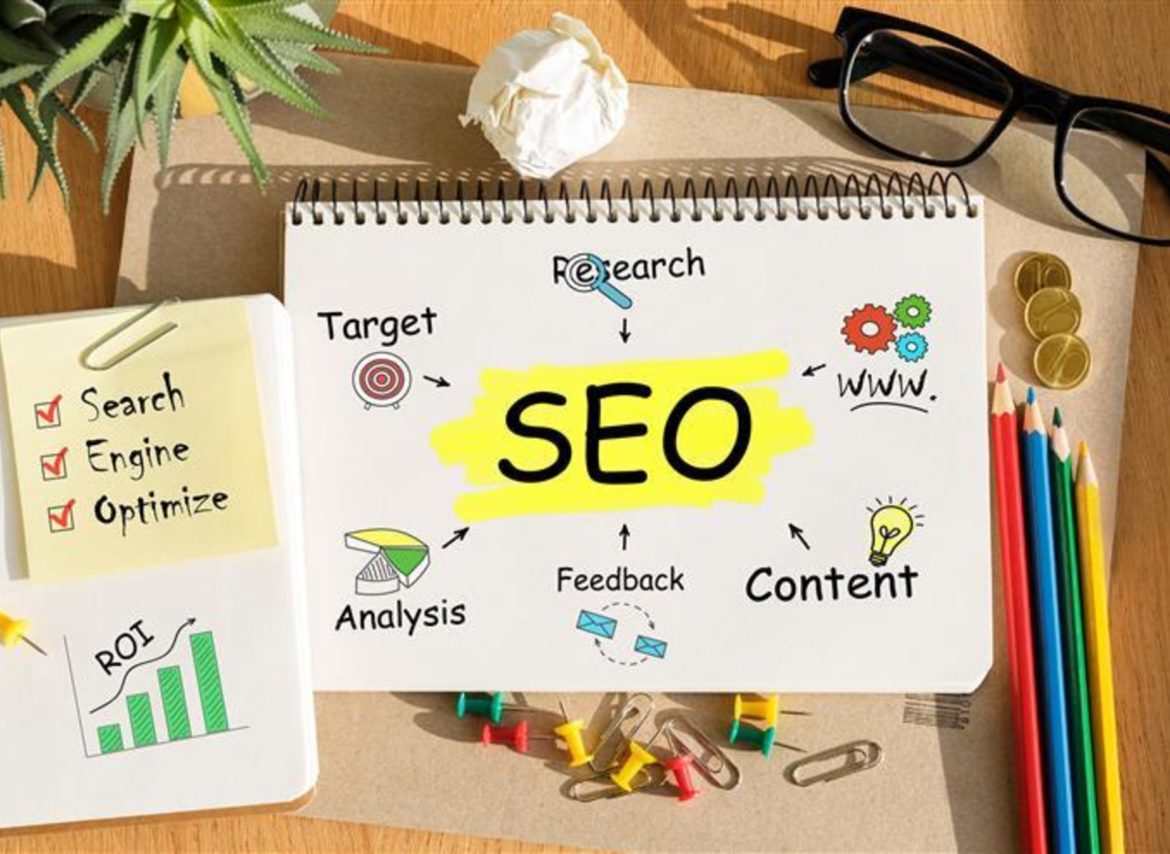In a world like today where the competition is fierce, securing the top position in the result pages of the search engine has become more critical than ever. However, the process to do so is not so simple – it takes time to invest in practising strategic SEO activities for your website to climb up in the rankings.
However, it takes time for your SEO strategy to show results. If you want a specific page or a specific keyword to rank faster, you can go for Search Engine Positioning. SEO is a wider concept, whereas search engine positioning simply focuses on getting top ranking for a certain keyword to improve the online visibility of a web page and drive highly targeted traffic to it.
In this blog, we will understand what search engine positioning is and what strategies you can use to improve it.
Let’s get started!
Search engine positioning, as the name suggests, is a process of acquiring a position on the SERPs – it is a more narrowly defined process than SEO that aims to rank particular search terms high on the search results. Now, it is absolutely crucial to gain a higher ranking because no user wants to go beyond the first results page. This makes search optimisation very important in order to thrive in this fierce landscape.
Having a robust search engine positioning can help build your authority and credibility in the eyes of the user as well as the search engines and can direct organic traffic to your webpage thanks to its top placement, in turn improving the online visibility of your brand. However, there are a number of factors that influence this positioning, which you need to understand to improve your ranking.
Keyword optimisation
When it comes to SEO keyword optimisation is consequential. It is crucial to select the right keywords and optimise them to ensure higher search engine rankings. In doing so, search intent plays a key role. Is the keyword navigational, informational, commercial, or transactional? The right placement of the keyword throughout the content of your web page, title tag, meta description, and alt-text is very important in helping the search engine understand the context of the page and align it with the right queries more effectively.
Quality of content
Another influential factor in search engine positioning is the quality of content on your web page – the importance of having content that is unique, top-quality, and value-adding cannot be over-emphasised. It is absolutely necessary to have SEO-optimised content on your web page that is informational and engaging for the user. You also need to update it regularly in order to improve the performance of the web page, as newer and better content is known to minimise the bounce rate and increase the time a user spends on your site.
On-page optimisation
To improve your search engine positioning, another aspect you must consider is on-page SEO. You should ensure that your title tags and meta descriptions are powerful and infused with your keywords as they have a direct relationship with CTR. Also, you need to make sure that your content is organised with proper header tags as it can help the search engines understand the relevance of your content. Additionally, you should also internally link your website to ensure better navigation and enhanced user experience.
Backlinks and technical improvements
You should focus on getting high-quality backlinks from sites that have high authority to help the search engine understand your credibility. Off-page SEO can help you position your site better. Similarly, considering technical aspects of SEO such as the website architecture, page loading speed, and more can also impact its ranking. This makes their optimisation all the more important. Ensure to compress the images and videos on your website and have secure protocols for HTTPS in place to improve the ranking of your website.
Final thoughts
To sum it up, it goes without saying that a business’ website & SEO goes hand in hand. But to see the results of SEO practices might take a while. Search Engine Positioning is a narrower aspect of SEO practices that can help you rank a specific keyword or a page faster through intense optimisation. You can ensure to rank higher on the SERPs by keeping up with continuous activities for search engine positioning.



